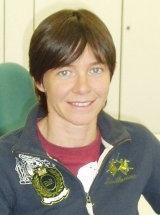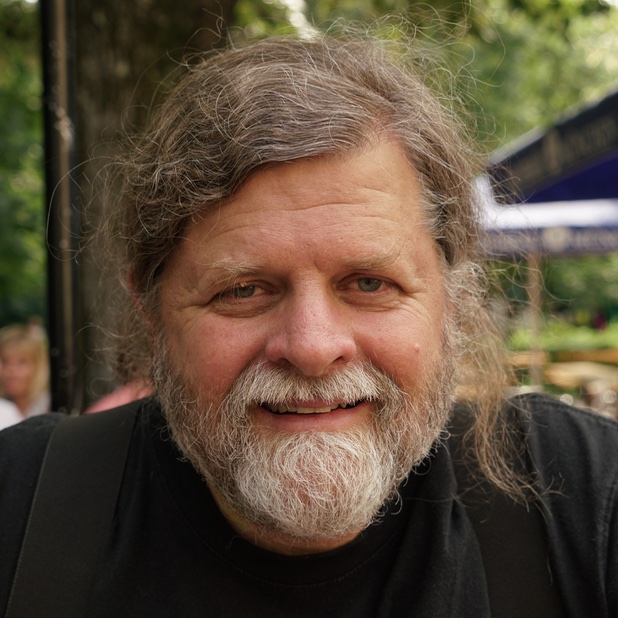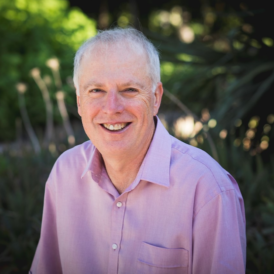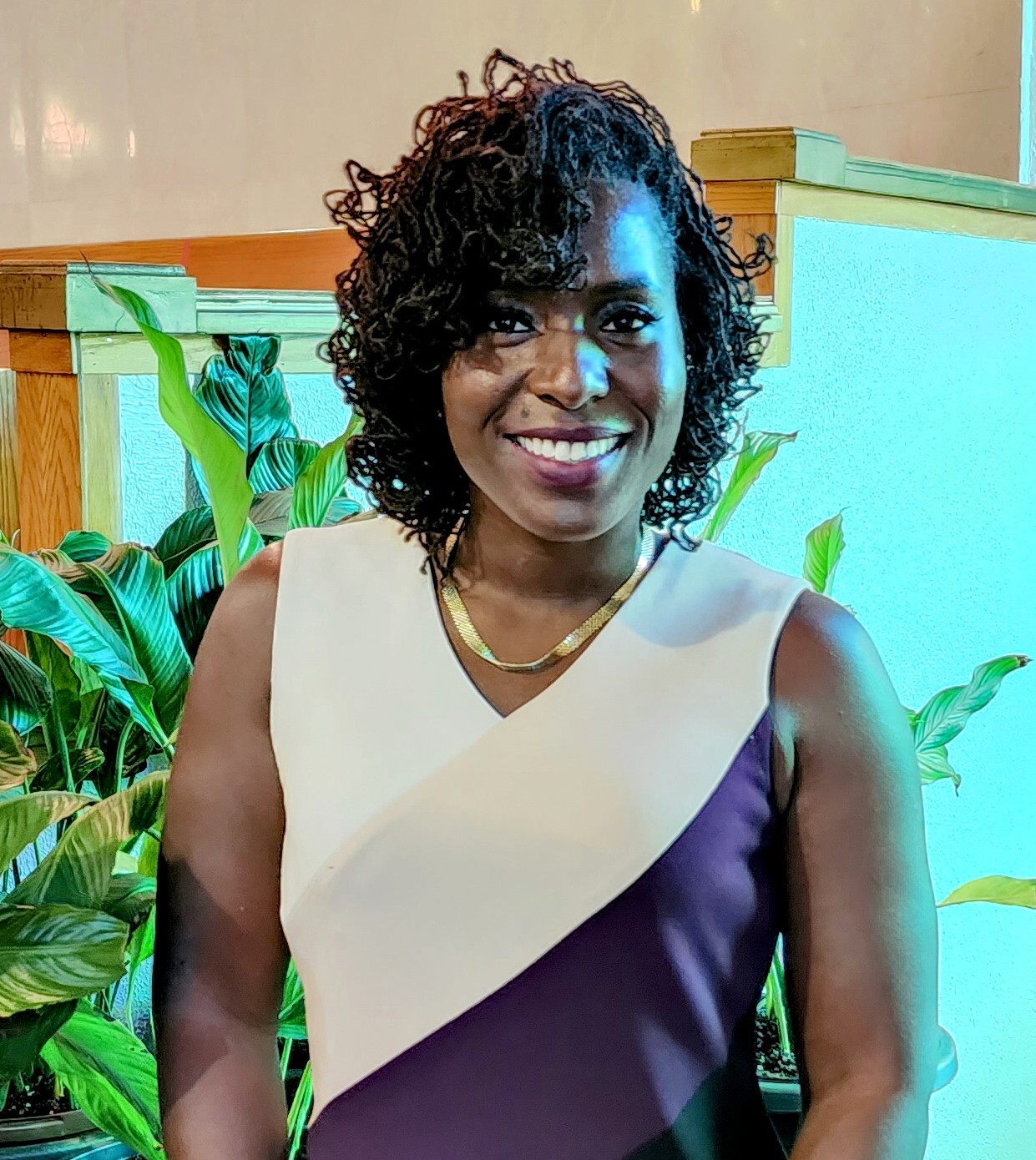Keynotes
Large (Hadron Collider) and Big (Data Science)
Wednesday, Oct 12
Session Chair: Valerio Pascucci (U. Utah)
 Federica Legger
Federica LeggerNational Institute for Nuclear Physics
Bio. Dr. Federica Legger is an associate researcher at INFN (National Institute for Nuclear Physics). She studied Physics at the University of Turin in Italy, and graduated from EPFL (École Polytechnique Fédérale de Lausanne) in Switzerland with a thesis on the data acquisition electronics of the LHCb experiment at CERN. She is currently participating in distributed computing activities for the CMS experiment at the LHC (Large Hadron Collider) and for the Virgo experiment at EGO (European Gravitational Observatory). She is leading the Operational Intelligence initiative for WLCG (World LHC Computing Grid), a cross-experiment effort from the HEP (High Energy Physics) community that targets the reduction of operational cost of large scientific computing infrastructures through AI-powered automation. At the University of Turin, she is lecturer of the course Big Data and Machine Learning for graduate students. Within CMS, she is coordinating the Monitoring and Analytics working group, which is responsible for the management of the monitoring infrastructure, integration of new data sources, and the coordination of analytics tasks. Previously, she held the same role for the ATLAS experiment. In ATLAS, she held coordination roles in both distributed computing (Distributed Analysis coordinator), and physics groups for the search of Supersymmetry.
Presentation slides
The Red Queen's Race: Software Development Down the Rabbit Hole
Wednesday, Oct 12
Session Chair: Michela Taufer (U. Tennessee Knoxville)
 Tim Mattson
Tim MattsonIntel
In this talk, we'll discuss the fast-moving world of computing and Intel's work to create abstractions that help programmers keep up. This is the essence of the collection of open standards we call oneAPI. The race, however, is far from over. We'll discuss the abstractions we'll need to keep in the race as it moves to distributed parallel computing over heterogenous nodes. We'll close with a description of our early work on programming systems that will automate much of what a programmer does. This will help programmers focus on solving scientific problems instead of struggling to keep up with the Red Queen and her race.
Bio. Tim Mattson is a parallel programmer obsessed with every variety of science (Ph.D. Chemistry, UCSC, 1985). He is a senior principal engineer at Intel where he’s worked since 1993 with brilliant people on great projects including: (1) the first TFLOP computer (ASCI Red), (2) MPI, OpenMP and OpenCL, (3) two different research processors (Intel's TFLOP chip and the 48 core SCC), (4) Data management systems (Polystore systems and Array-based storage engines), and (5) the GraphBLAS API for expressing graph algorithms as sparse linear algebra. Tim has over 150 publications including five books on different aspects of parallel computing, the latest (Published November 2019) titled “The OpenMP Common Core: making OpenMP Simple Again”.
Presentation slides
Translational Computer Science as a Paradigm Underpinning eScience
Thursday, Oct 13
Session Chair: Manish Parashar (U. Utah)
 David Abramson
David AbramsonUniversity of Queensland
Bio. David is a Professor of Computer Science, and currently heads the University of Queensland Research Computing Centre. He has been involved in computer architecture and high performance computing research since 1979. He has held appointments at Griffith University, CSIRO, RMIT and Monash University. Prior to joining UQ, he was the Director of the Monash e-Education Centre, Science Director of the Monash e-Research Centre, and a Professor of Computer Science in the Faculty of Information Technology at Monash. From 2007 to 2011 he was an Australian Research Council Professorial Fellow. David has expertise in High Performance Computing, distributed and parallel computing, computer architecture and software engineering. He has produced in excess of 230 research publications, and some of his work has also been integrated in commercial products. One of these, Nimrod, has been used widely in research and academia globally, and is also available as a commercial product, called EnFuzion, from Axceleon. His world-leading work in parallel debugging is sold and marketed by Cray Inc, one of the world's leading supercomputing vendors, as a product called ccdb. David is a Fellow of the Association for Computing Machinery (ACM), the Institute of Electrical and Electronic Engineers (IEEE), the Australian Academy of Technology and Engineering (ATSE), and the Australian Computer Society (ACS).
An Equitable Future for Computational Research
Friday, Oct 14
Session Chair: Pania Newell (U. Utah)
 SherAaron (Sher!) Hurt
SherAaron (Sher!) HurtThe Carpentries
Bio. SherAaron (Sher!) Hurt currently serves as the Director of Workshops for The Carpentries, a non-profit project that teaches foundational coding and data science skills to researchers, technologists, and librarians globally. As Director, she provides oversight and management, planning, vision and leadership for the Workshop Administration Team. She oversees the logistics for over 600 international workshops hosted annually by The Carpentries and Community Members. She served as a member of the taskforce to develop online workshops during the global pandemic. In this capacity, she successfully transitioned the traditional two-day in-person workshops to being offered online. Her passion lies in efficient workflows and streamlining the work for The Carpentries. She has led multiple projects that focused on automating workflows to reduce the amount of time spent completing daily tasks. Sher! earned her B.S. in Business Management at Michigan Technological University, M.A. degree in Hospitality Management at Florida International University and currently completing a Doctorate of Business Administration with a concentration in Leadership and Logistics, from Walden University. Sher! enjoys participating in all types of fitness activities! She is a cultural foodie and has created a hobby of traveling the globe.
@eScience
Tweets by eScience
